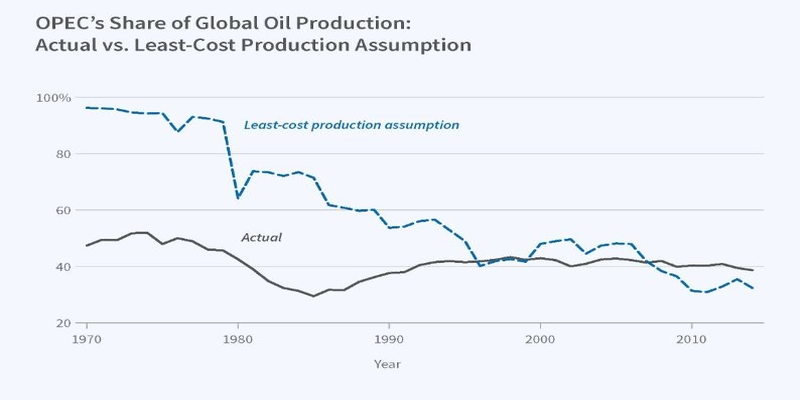Uncovering The Basic Details About Bonds
Bonds are fixed investments that you lend to firms and governments, and in return, they promise to pay you back with some extra cash called interest. Bond prices are inversely linked to interest rates. The basic things to know about bonds are important as they provide you with a reliable and regular income and are more secure than stocks. Bonds can be traded for potential capital gains, and they can also be personalised according to investment goals and risk levels. Bonds are the finest option for capital preservation because they offer predictable returns and are less riskier than other investment options. Keep reading to learn more about bonds!
Main Types of Bonds You Need To Know

Zero-Coupon Bonds
These types of bonds do not pay regular interest like traditional bonds but are issued or sold at a more significant discount than their face value. The bondholder receives the face value when the bond matures. It's a unique way to invest in bonds.
Corporate Bond
Firms or companies issue this bond for different operations, such as expanding their business or pursuing financial projects. While corporate bonds carry a higher risk than government bonds, they also provide higher returns.
Government Bonds
These bonds are issued by organisations with government backing. These bonds are used to raise funds for public projects. They are less risky because governments are stable borrowers. Government bonds are like the government borrowing from you, on which you get interest payments.
Municipal Bonds
In this type of bond, youre lending money to a government entity and receiving interest payments. The difference between a government bond and a municipal bond is that a municipal bond is a loan to a local government instead of a federal one.
High-yield Bonds
High-yield bonds generate high-interest rates but are also more risky than any other bond because the companies providing these bonds may not be stable. Municipal bonds are like taking risks to earn money.
Convertible Bonds
Convertible bonds are like standard traditional bonds in which you lend money and receive interest, but they have a twist: you can convert your bond into a company share. These are very beneficial. You can benefit from the company's stock performance and bond interest payments.
Revenue Bonds
Revenue bonds are generated by the income generated by various projects and company operations. They are like municipal bonds but not backed by utilities, taxes, or credit; they are backed by payments for specific projects that support them.
Foreign corporate bond
These bonds are issued outside the investor's country. Foreign corporate bonds occur in other currencies rather than the domestic currency of investors. These bonds lend money to foreign entities, and in return, they provide interest at maturity.
Incredible Perks of Bonds Thatll Leave You Amazed

Steady Income Stream
Bonds provide you with a smooth, continuous source of income through regular payments. It is the finest source of income for the future. Bonds are a fabulous option for those seeking regular and consistent payments.
Predictable Returns
Bonds with fixed interest rates offer predictable returns about interest rates that were fixed during the time of purchase. Bond prices vary inversely with interest rates, so this predictability can favour investors who avoid uncertainty and risk.
Liquidity Options
Liquidity refers to providing investors an opportunity to resell bonds in the secondary market before maturity. It can be beneficial in changing market conditions because bond prices may increase.
Principal Payments
The principal payment is like the part of loan payments that decreases the original amount you borrowed. Bonds are always a good option for investors who avoid uncertainty because bonds ensure the repayment of the principal amount at maturity.
Diversification
Diversification is like not putting all your money together. You can reduce your overall investment risk by adding bonds alongside other assets and stocks to your portfolio. Investing in bonds helps to lower investment risk.
Preservation of Capital
Bonds are commonly seen to preserve capital because they are less risky than stocks. So, anyone can invest their capital in bonds to generate future income.
Drawbacks of Bonds

Interest Rate Risk
Interest rate risk varies inversely with bond prices. When interest rate increases, the existing market value of bonds decreases, and investors who want to sell their bonds before maturity may face loss.
Market Risk
Bond rates and returns can be affected by different market conditions, such as economic factors, geographical factors, and political events. Changes in investor's sentiment can also impact the bond rate.
Liquidity Risk
Liquidity refers to selling bonds on secondary markets. When traded on the secondary market, some bonds can be harder to sell because they dont find a buyer or receive a lower price. This risk refers to liquidity risk.
Currency Risk
Currency exchange rate risk can influence the overall return of the bond. Fluctuations in exchange rates affect the bond rate and can add another layer of uncertainty for investors.
Credit Risk
This risk varies among specific bonds, especially on corporate bonds. Corporate bonds face higher credit risk; in this risk, the investor may not receive the principal and interest payments.
Political Risk
Changes in government rules and regulations, changes in economic policies, and geopolitical events can influence bond performance. Political instability may increase uncertainty for investors.
Conclusion
In conclusion, bonds play a significant role in the financial world. They provide investment options and economic benefits to individuals and companies. Bonds provide steady income and principal payments. This constant income is perfect for retirees and an attractive choice for those who want cash flows and capital preservation for the future. Bondholders must be aware of the risks, such as credit risk, currency exchange risk, and inflation risk, that are associated with bonds. Bonds can only be beneficial when investors or bondholders know their pros and cons properly. This article's basic things to know about bonds will surely help you out in this regard.













